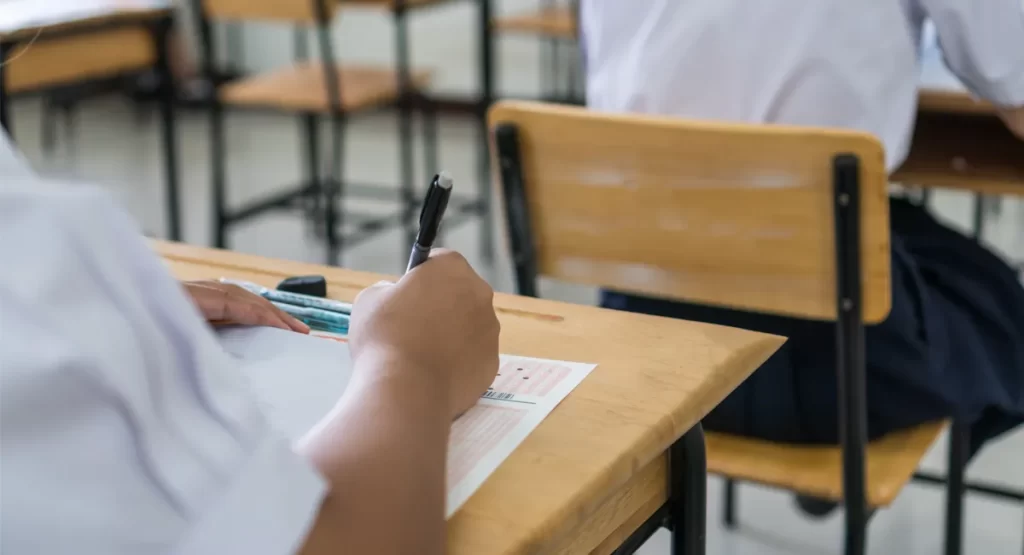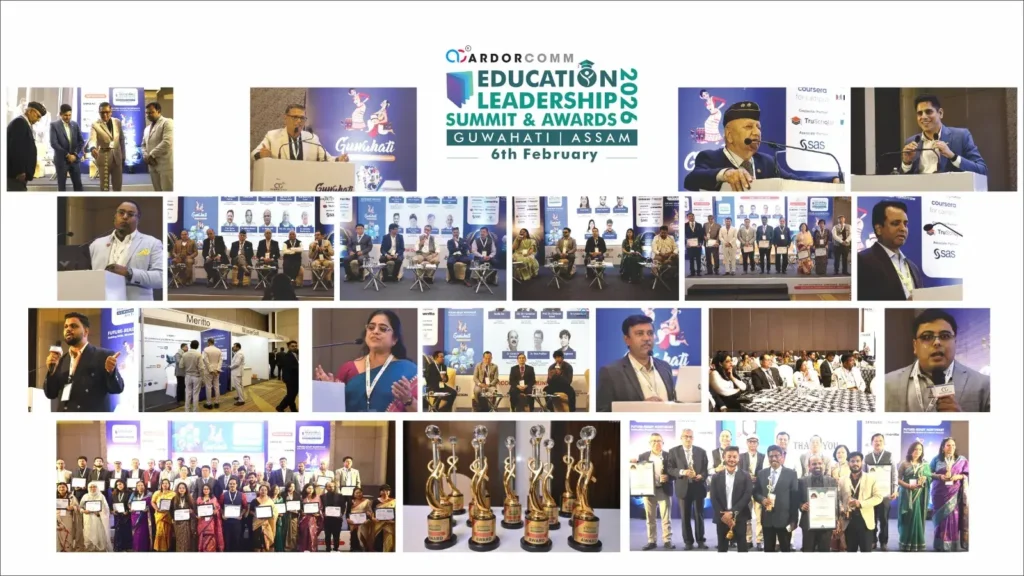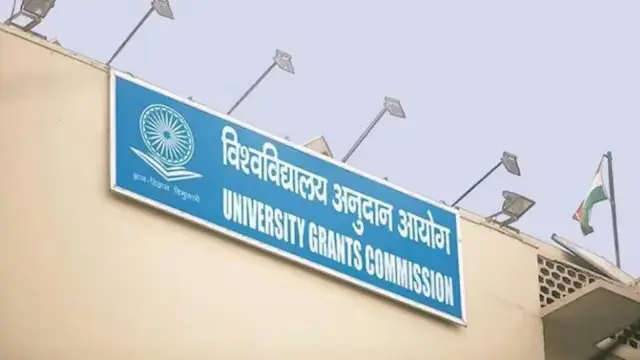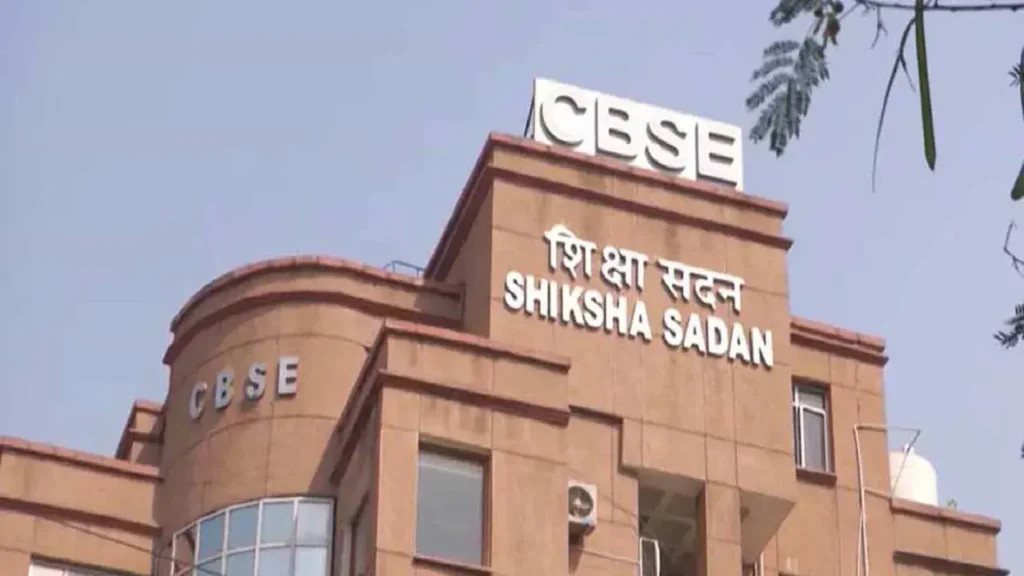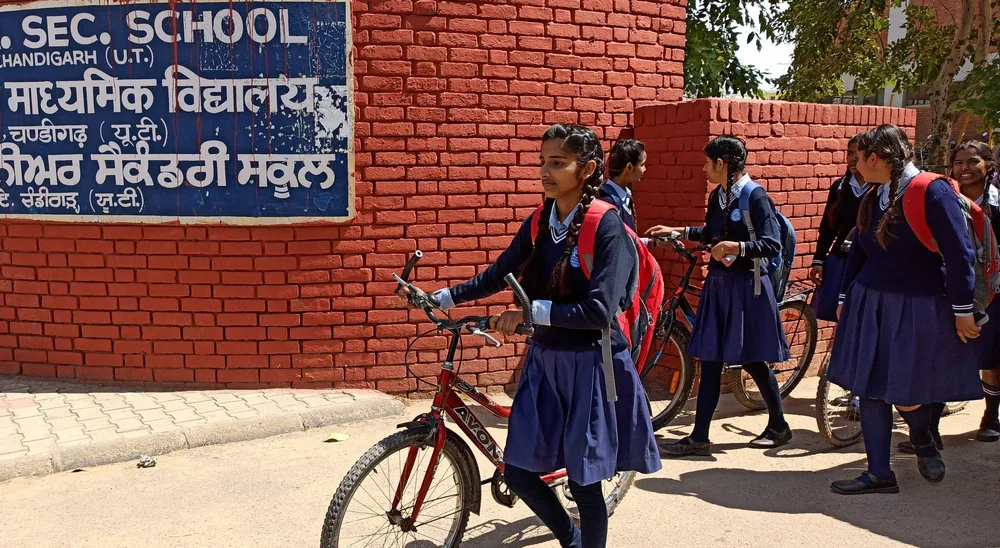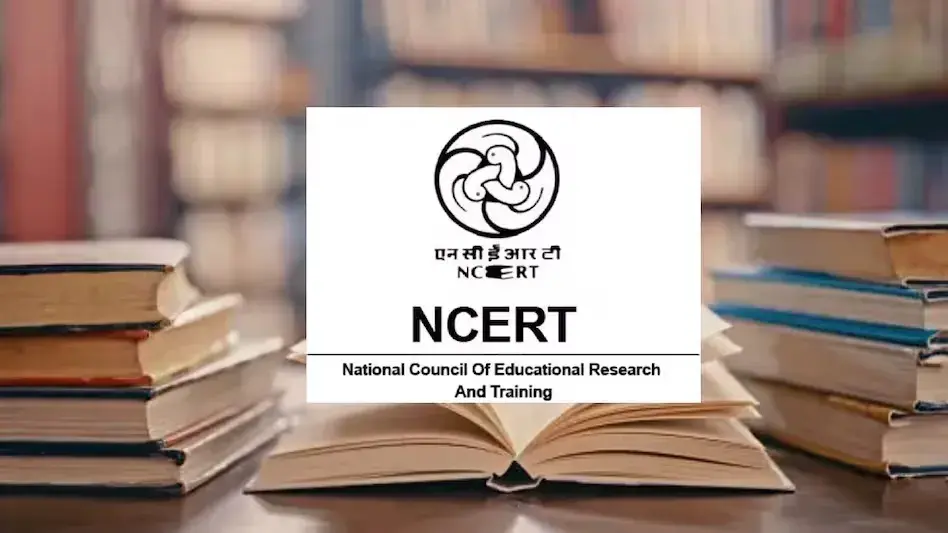CBSE 2026 Board Exams: Digital Evaluation, Dual Class 10 Boards & Competency-Based Papers — What Students Must Know
The Central Board of Secondary Education (CBSE) has introduced sweeping reforms for the 2026 board examinations, affecting both Class 10 and Class 12 students. These updates focus on three major areas: alignment with the National Education Policy (NEP) 2020, the option of two board exams for Class 10, and the rollout of digital answer sheet evaluation for Class 12. Here’s a comprehensive look at what is changing and how it could impact students, parents, and schools. Digital Evaluation for Class 12: On-Screen Marking (OSM) Begins Starting with the 2026 board exams, CBSE will implement On-Screen Marking (OSM) for evaluating Class 12 answer sheets. This marks a significant shift from the traditional physical evaluation system to a fully digital process. However, Class 10 answer scripts will continue to be assessed through the conventional physical mode in 2026. CBSE conducts board examinations for approximately 46 lakh students across India and in 26 countries. With OSM, answer sheets will be scanned and uploaded digitally, allowing examiners to evaluate them online rather than travelling to designated marking centres. According to CBSE’s circular dated February 9, 2026, the digital evaluation system offers multiple benefits: Elimination of totalling and calculation errors Reduced manual handling through automated coordination Faster correction timelines Lower transportation and logistical costs Teachers can evaluate papers from their own schools Reduced need for post-result mark verification Decreased manpower requirements Broader participation of teachers, including those from overseas affiliated schools Environment-friendly paper management The move is expected to streamline the evaluation process and improve efficiency while reducing administrative burden. Two Board Exams for Class 10 from 2026 In another major reform, CBSE has confirmed that Class 10 students will have the option to appear for two board examinations starting in 2026. The announcement, made through a notification dated June 25, 2025, aligns with NEP 2020’s vision to reduce exam-related stress and shift away from high-stakes single-exam systems. While detailed implementation guidelines are being issued separately, the dual-exam system aims to: Ease performance pressure Provide flexibility within the same academic year Offer students a chance to improve scores without waiting for the next year This change is expected to create a more student-friendly assessment structure. Question Paper Pattern Overhauled: Competency Takes Centre Stage One of the most impactful changes for 2026 lies in the redesigned question paper format for both Class 10 and Class 12. As per Circular No. Acad-30/2024 (dated April 3, 2024), CBSE aligned its assessment structure with NEP 2020 to promote skill-based and application-oriented learning. Although the reform began in the 2024–25 academic session, the 2026 board batch will be among the first to complete an entire academic cycle under the revised format. New Exam Structure: 50% Competency-Based Questions Includes case studies, source-based questions, application-driven MCQs, and real-life context problems designed to test conceptual understanding rather than memorisation. 20% Objective (MCQ) Questions Select response-type questions aimed at evaluating clarity of concepts. 30% Constructed Response Questions Traditional short- and long-answer questions, now reduced in overall weightage. This marks a significant transition from the earlier model where long descriptive answers carried nearly half the marks. The emphasis now is on analytical thinking, problem-solving ability, and real-world application of knowledge. What This Means for Students The 2026 reforms collectively signal a transformation in CBSE’s examination philosophy — from memory-based testing to competency-driven evaluation. Students will need to focus more on understanding concepts deeply, practising case-based questions, and developing analytical skills. The introduction of digital evaluation may also lead to quicker result processing and greater transparency. With flexibility in Class 10 exams and modernised assessment for Class 12, CBSE is moving toward a system designed to reduce stress while strengthening learning outcomes. Source: Indian Express

